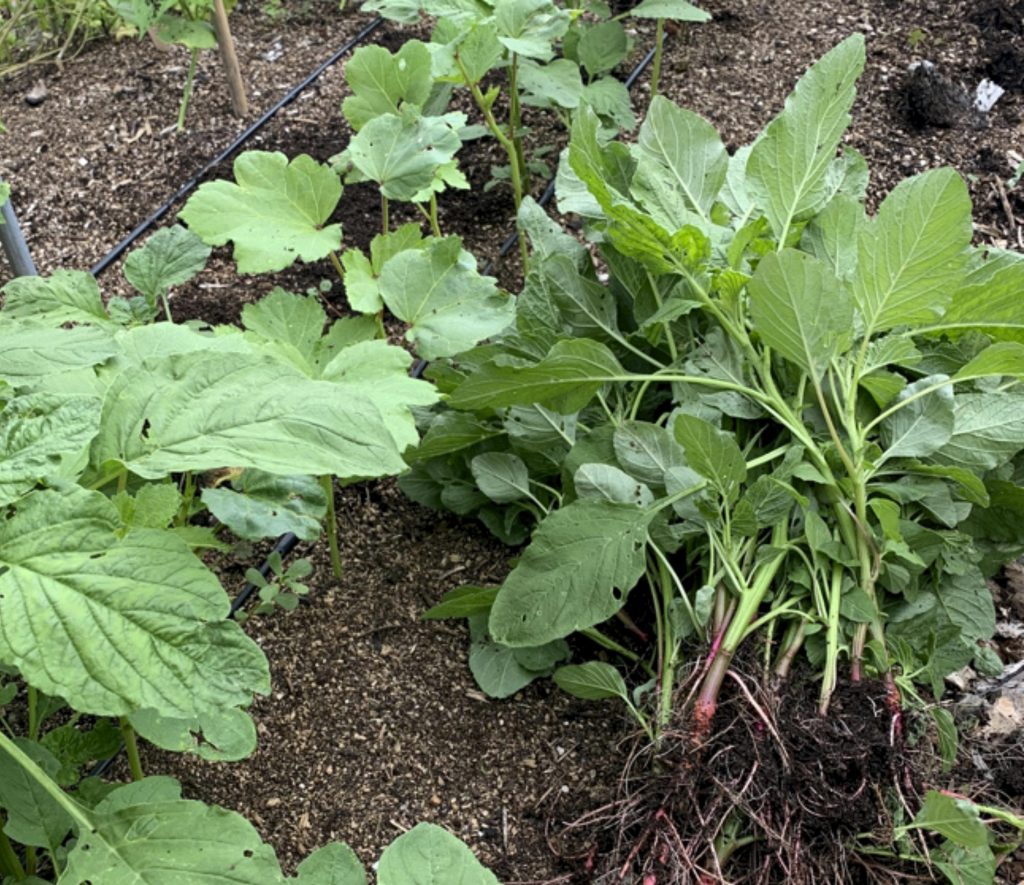This week is one of those things I talk about a lot, but I don’t think I’ve really, y’know, talked about it in a while now. Possibly a long while. So I figured, hey, nobody’s made a request, why don’t I update something so I’m not always linking back to ten year old blog posts…
Also, heads up, just to keep things easy, for this post I’m going to be referring to our assembled manuscript as a book or the book or your/my book. I’m going to be talking about story a lot, and I don’t want to cause any confusion between a story (the thing we wrote) and story (the literary device we’ll be talking about). Make sense?
Anyway, let’s talk about plot and story, shall we?
I’m a big believer that the vast majority of good books, movies, television episodes, comic books, short stories—any tale we want to tell, in whatever format we want to tell it in—has two major parts. These are plot and story. Our plot is the events and moments going on outside my characters. Our story is all the events and moments that are going on inside my characters.
(There’s also theme, which is sort of where these two thing interact, but that’s a little bigger and tougher and gives some people scary flashbacks to high school English class, so I’m just going to skip it for now. If you want to read a little bit about theme, I talked about it a while back during the A2Q. But for now—just plot and story)
Also worth noting depending on who your literary professors/ favorite writing coaches are, you may have heard different names for these. Maybe Russian ones or something. If you want to use those that’s fine. We’re talking about art, everyone has their own way of talking about it. If you care, I first heard this put this way many years back when I got to talk with screenwriter/ director Shane Black, and that’s when it really clicked for me, and that’s how I usually explain it.
So when we’re talking about plot and story, plot is everything going on outside of my character. All the external events, challenges, obstacles, and goals in my book. Just to be clear, something that’s ended up inside my body –a brain-control chip, a virus, a bomb where my left lung is supposed to be, a little space worm that crawled into my ear—is still an external threat. External means outside of my characters as people, not as skinbags filled with bone and muscle
An easy way to think of plot is it’s almost always about something my character wants, and they’re trying to do something to get that thing. That may sound kind of huge and vague because, well, it is. My characters could want any number or type of things, and there could be any number/type of things between them. Save Uncle Ricky’s Surf Shop. Ask Wakko out on a date. Stop the invading demons from Otherworld. Throw the best darned Christmas show this town’s ever seen and save our little theater! Or maybe even just getting home.
Also, make note of that bit I just mentioned. Trying to do something. Plot tends to be active. It’s my characters to achieve a goal. If they’re not doing anything (or anything challenging) it’s probably not plot.

Which brings us to story, which is the flipside of plot. Story is all my character’s internal desires and doubts and needs and struggles. It’s what motivates them and what they need to overcome if they don’t want to get left behind (or trampled) by the plot. You may have seen something here or there about how there’s really only seven plots (or six or nine or whatever). There is a small bit of truth to that. But the reason there are millions of different books is because of story. If I drop two different characters into the same situation, I’m going to get different results, because they’re going to approach things… well, differently. If Steve Rogers gets the super soldier formula, things go one way. If Peggy Carter gets it, they go a different way. To quote Javier Grillo-Marxuach (who’s made, like, half the sci-fi/ fantasy shows you’ve loved in the past decade) —“Plot gets you into a scene, character gets you out.”
And this is because characters aren’t all going to do the same thing in a given situation. Who they are affects how they react to different obstacles and how they choose to overcome them (or maybe just avoid them). Uncle Ricky may have just given up, but Yakko would try to save the Surf Shop by taking out a second mortgage (despite the horrible interest rates), Wakko might hold a bikini car wash, and Dot may finally try to find the lost treasure of that old pirate captain, Jacques Le Maudit.
Another important note. While plot tends to be active, story tends to be reactive. All that internal stuff doesn’t change unless some outside influence makes it change. Essentially, some plot runs face-first into my characters and story dictates how they react to that plot. Maybe they react exactly the way we’d expect… but maybe they also step out of their comfort zone (willingly or not) and do something else. And then the plot keeps running into them again and again and—for better or for worse—they’re forced to take more steps. So the plot’s constantly nudging my characters to grow and change. We enjoy the plot, but what we get invested in is the story. We want to see these characters move out of their comfort zones and adapt to deal with whatever the plot’s hitting them with.
There’s probably some technical term for that but I can’t remember it.
Now, there are definitely books (and movies and tv shows and more) that are light on story and heavier on plot. And vice-versa. And some of them are very successful. But I really believe we can feel it when that balance gets thrown off in a book, when one of these two elements gets more weight than the other. We’ve all seen a movie that’s just pure plot where the characters dodge killer androids and punch Nazis and barely grow or change at all. They’re all essentially the same at the end as they were at the beginning. And I’m sure we’ve all seen or read something where… well, nothing happens. Characters just sit around pontificating on the nature of power, the unfairness of life, the chemical origins of love or, y’know, some other kind of navel-gazily topic. Because there’s no plot nudging them to do anything else.
Y’see, Timmy, I know that’s a bit polarizing for some folks, but I really do believe every good book should have a plot and a story. They can overlap. They can intertwine. But if I’m missing one or the other, no matter how many rationalizations I want to make… my work’s probably going to be lacking.
And my audience is going to be able to tell.
Next time… well, we talked about redemption a few weeks back. maybe it’s worth talking about it’s angry sibling. Revenge.
Until then… go write.






